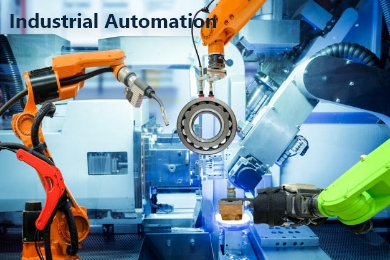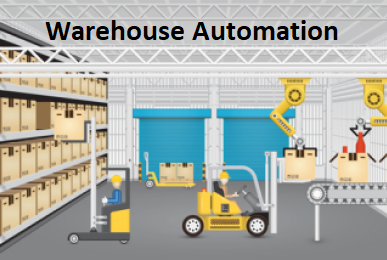• High Productivity
Automation of factory or manufacturing or process plant improves production rate through a better control of production. It helps to produce mass production by drastically reducing assembly time per product with a greater production quality. Therefore, for a given labor input it produces a large amount of output
• High Quality
Automation alleviates the error associated with a human being. Further, unlike human beings, robots do not involve any fatigue, which results in products with uniform quality manufactured at different times.
• High Safety
Industrial automation can make the production line safe for the employees by deploying robots to handle hazardous conditions.It Prevent Products or Materials from Being Damaged or Destroyed as a result high safety assured.
• High Information Accuracy
Adding automated data collection, can allow you to collect key production information, improve data accuracy, and reduce your data collection costs. This provides you with the facts to make the right decisions when it comes to reducing waste and improving your processes.


